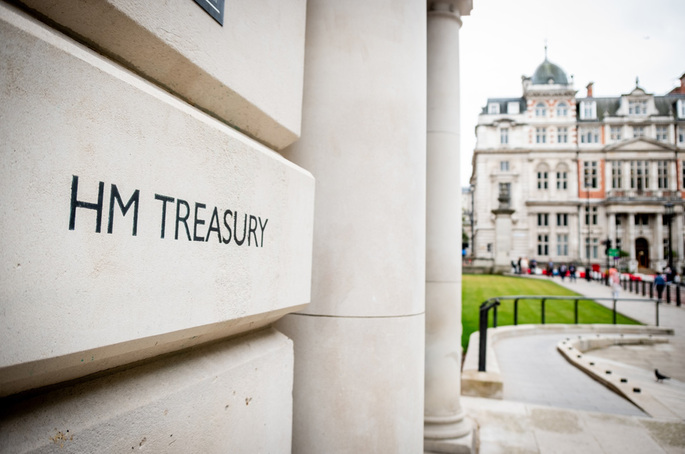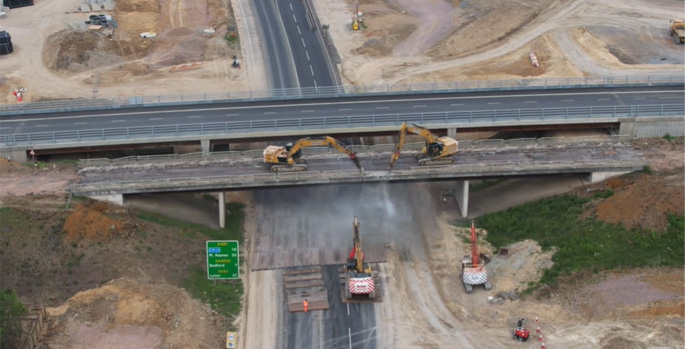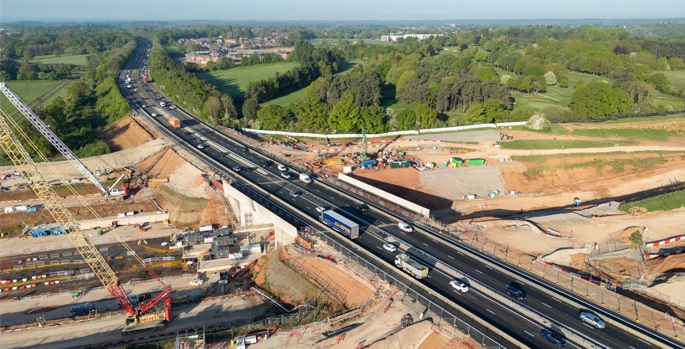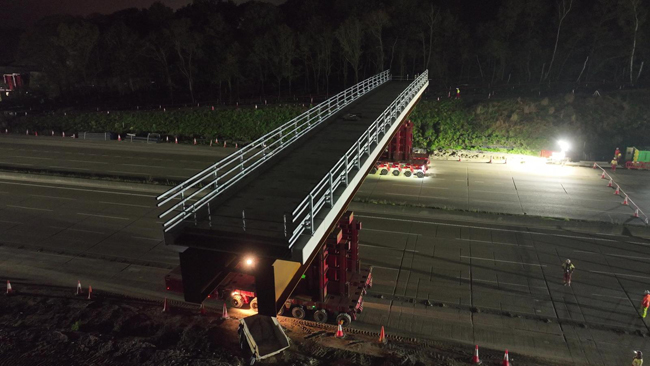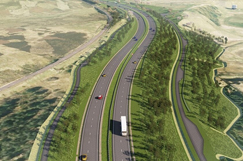Motorists were a key focus of chancellor Rachel Reeves' budget today, with staggered tax rises offset by the promise of more local roads maintenance funding - prompting strong reactions from the industry.
This was one of the more highly anticipated budgets for a long while, and not always for the right reasons. In fact, the OBR was so keen to quell speculation that it released its Economic and Fiscal Outlook report before the chancellor had even completed her speech (reportedly due to technical issues) - creating much unwanted and unnecessary last-minute drama.
Responses
The local government reaction was very positive, in a qualified way, following the promise of a rise in local roads funding and support for EV charging infrastructure.
Angela Jones, president of ADEPT, said: 'We welcome the government's commitment to invest over £2bn annually by 2029-30 in local roads maintenance. This will enable local authorities to make progress in improving the condition of local roads across the country.
'However, while this investment is welcomed, further sustained long-term funding commitments will be essential to meaningfully reduce this backlog and allow local authorities to proactively improve the network rather than simply managing decline. The latest Annual Local Authority Road Maintenance (ALARM) survey data shows the carriageway repair backlog in England and Wales has reached almost £17bn - the highest figure in 30 years of reporting.
'The additional £200m investment in EV charging infrastructure, including the £100m resource funding for local authorities to deploy specialist staff, will be crucial in enabling local authorities to accelerate the rollout of public chargepoints and support the transition to electric vehicles.'
Motorist groups were a little more mixed in their reactions.
RAC head of policy, Simon Williams, said: ‘Drivers will be relieved the Chancellor has decided to keep the 5p fuel duty cut in place for now as it saves them more than £3 a tank. But this relief will be very short-lived given the staggered increase from next September.
‘Without the discount, drivers would still be paying more for a litre of petrol than they were prior to Russia's invasion of Ukraine in February 2022 which sent pump prices rocketing to record levels.
‘The introduction of the long-awaited Fuel Finder in early 2026 will also be a big moment – for the first time, all petrol stations will need to report their prices allowing customers to find the cheapest fuel wherever they are.'
Meanwhile, Vicky Edmonds, CEO of EVA England, said that this is ‘completely the wrong time' to be introducing taxes for EV drivers, especially when they only make up 5% of vehicles on UK roads'.
‘It is also good to see, finally, a promised future increase in fuel duty to encourage more drivers across to electric. But even with that, a Pay per Mile scheme in two years is unnecessarily rocking the boat at such a pivotal point for the market.'
Michael Shaw, CEO of Aegis Energy, seemed magnanimous in his approach: ‘We welcome the news that electric vans will be exempt from the pay-per-mile EV tax announced in today's Autumn Budget. With commercial transport responsible for around 10% of the UK's total emissions, any additional tax burden could have discouraged businesses from investing in cleaner vehicles at a time when confidence is critical.
‘If the Treasury implements the new tax regime in a transparent, fair and efficient manner that engages fleets, drivers, and manufacturers throughout the process, it will usher in a modern and mature approach to the domestic EV market that is built to go the distance.
‘The decarbonisation of the UK's commercial transport sector is vital to the country's economic growth and environmental progress. We hope the government continues to focus on policies that enable and support fleet operators to make this transition.'

